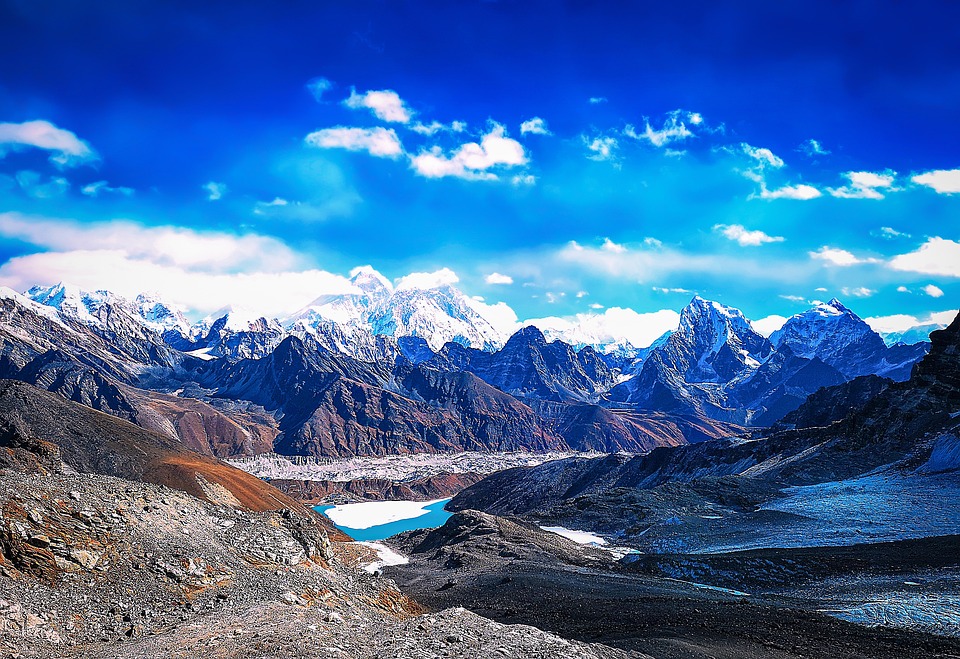Table of Contents
Introduction
Have you ever felt the need to disconnect from the modern world, experience true solitude, and immerse yourself in nature? If so, wild camping might be the perfect adventure for you.
Escape the confines of traditional campsites and embrace the freedom of wild camping, where you can set up camp in remote and untouched locations.
In this article, we will explore the beauty and benefits of wild camping and provide you with some essential tips to ensure a safe and fulfilling experience.
The Allure of Wild Camping
Wild camping offers a unique and unparalleled experience.
Unlike traditional camping settings, where you are restricted to designated pitches and crowded sites, wild camping allows you to be truly in touch with nature.
You can choose your own location, find solace in untouched landscapes, and enjoy a sense of freedom that is often hard to find in our modern world.
The peace and tranquility of sleeping under the stars, far away from the noise of city life, can be truly therapeutic.
Adventures in Remote Locations
One of the most exciting aspects of wild camping is the opportunity to explore and discover remote locations.
Whether it’s deep within a dense forest, atop a tall mountain, or by the serene banks of a secluded lake, wild camping allows you to access areas that are far from the usual tourist trails.
You can hike to these hidden spots, carrying all your necessary gear, and truly connect with nature in a way that is impossible from a typical campsite.
Leave No Trace Principles
While enjoying the freedom of wild camping, it’s crucial to uphold the principles of “Leave No Trace.”
This means leaving the environment as you found it and minimizing your impact on the natural surroundings.
Always ensure you have permission to camp in a specific area, and when you do camp, avoid damaging vegetation, disturb wildlife, or leave any waste behind.
Pack out what you pack in and follow any local regulations to help preserve these remote locations for future generations.
Essential Tips for a Safe and Enjoyable Wild Camping Experience
1. Plan and research your destination: Before embarking on a wild camping adventure, thoroughly research your chosen location.
Understand the weather conditions, terrain, and any potential hazards that may exist.
This knowledge will help you prepare adequately and ensure your safety.
2. Pack the right gear: Since you won’t have access to the usual amenities, make sure you pack everything you need to stay safe and comfortable.
Essential items include a suitable tent, sleeping bag, cooking equipment, appropriate clothing, a first aid kit, navigation tools, and plenty of water and food supplies.
3. Inform others of your plans: Always let someone know about your wild camping plans.
Provide them with details of your location, expected return date, and your emergency contact information.
This is vital in case you encounter any unexpected situations or need assistance.
4. Respect wildlife and their habitats: Observing wildlife can be a highlight of wild camping, but it’s important to maintain a safe distance and not disrupt their natural behavior.
Observe quietly and avoid leaving any food scraps that may attract animals.
5. Be mindful of fire safety: If allowed, campfires can provide warmth and a cozy atmosphere.
However, remember to follow fire safety guidelines and only light fires in designated areas.
Always extinguish fires completely before leaving.
6. Leave your campsite as you found it: Always leave your wild camping spot cleaner than you found it.
Dispose of any waste properly, avoid damaging vegetation, and leave natural settings undisturbed.
FAQs
Q: Is wild camping legal?
A: The regulations regarding wild camping vary by location.
Some areas may prohibit wild camping altogether, while others may have specific rules and restrictions.
It’s essential to research and adhere to local regulations to avoid any legal issues.
Q: Do I need any special skills or experience to go wild camping?
A: While wild camping does require some basic outdoor skills, such as navigation and setting up a tent, it is accessible to people of various experience levels.
However, it’s always beneficial to have some outdoor experience or go with someone who is more experienced.
Q: What equipment do I need for wild camping?
A: Essential equipment for wild camping includes a waterproof tent, a warm sleeping bag, a camping stove, cooking utensils, water containers, appropriate clothing and footwear, a first aid kit, and navigation tools such as a map and compass.
Q: How can I find suitable wild camping spots?
A: Researching potential camping spots through guidebooks, online resources, or seeking advice from experienced campers can help you find suitable locations.
Additionally, joining outdoor communities and engaging with fellow adventurers can provide valuable insights and recommendations.
Q: Are there any dangers associated with wild camping?
A: Wild camping involves certain risks, such as encountering wildlife, unpredictable weather conditions, and remote locations with limited access to emergency services.
However, with proper planning, preparedness, and responsible behavior, these risks can be mitigated to ensure a safe and enjoyable experience.





